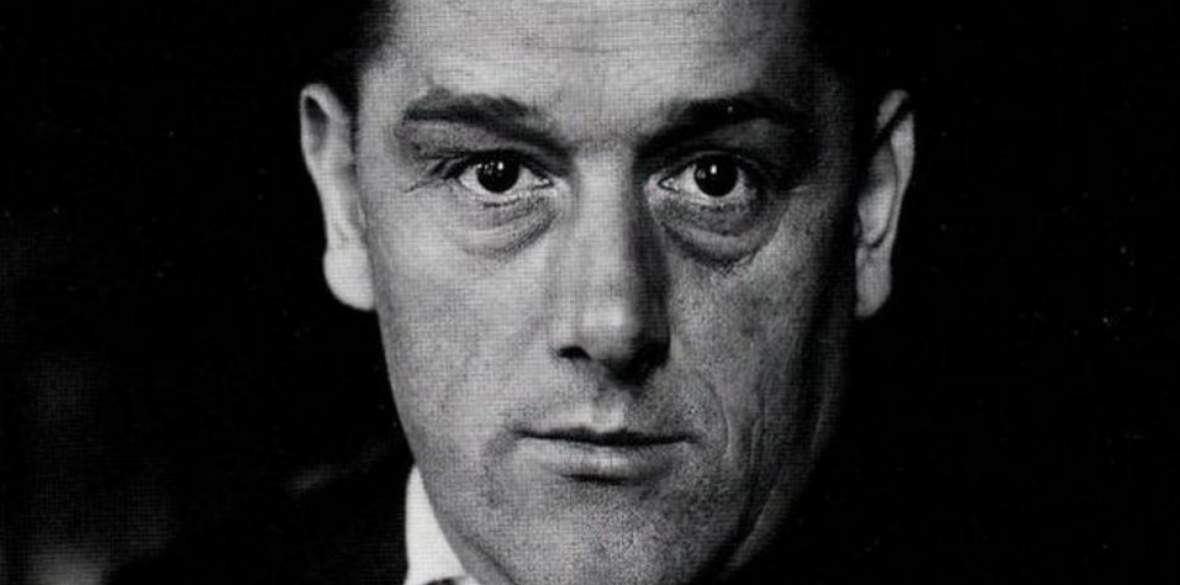This is the last article you can read this month
You can read more article this month
You can read more articles this month
Sorry your limit is up for this month
Reset on:
Please help support the Morning Star by subscribing here
WILLI MUNZENBERG lived in dangerous times. And he lived a dangerous life.
From impoverished working-class beginnings, he became leader of the pre-WWI socialist youth movement in Germany, a prominent anti-war activist and a key leader of the Young Socialist International.
He was a founding member of the Communist Party of Germany (KPD) and the driving force in the Young Communist International.
A political organiser of great acumen, he operated as a semi-detached instrument of the Communist International, with a particular talent for giving organisational form to political imperatives.
These included the International Workers’ Relief which transformed aid for a Soviet Russia recovering from war global and civil, imperialist invasion and famine and, in doing so, transformed charity into solidarity.
He was key to the formation of the League Against Imperialism, which cemented the alliance between the working class, the anti-colonial movement and working-class state power in Soviet Russia.
His real genius lay in the art of political propaganda, evidenced early in the 1920s when the various foreign language publications of the Workers International Russian Relief began to combine powerful photography in its trilingual and later its English language Soviet Russia Pictorial.
In Germany, Hammer und Sichel (Hammer and Sickle) gave way to Arbeiter Illustrierte Zeitung (Workers’ Pictorial News).
Munzenberg was a KPD leader, a deputy to the Reichstag and the impresario of both the German and the Comintern’s propaganda and solidarity apparatus.
His particular talent lay in mobilising non-party intellectuals, alongside the avant garde cultural milieu that included Bertholt Brecht, Irwin Piscator and John Heartfield.
By turns newspaper magnate, theatrical and film producer and publisher, Munzenberg moved in a world bounded by show business and the media, underground revolutionary action and Comintern intrigues.
Only a man of his outstanding personal magnetism, powerful imagination and organisational talent could manage such a life in the dangerous world between capitalist crisis, menacing fascism and the fast-moving tides of history.
John Green’s new biography, Willi Munzenberg Fighter against Fascism and Stalinism, is a valuable addition to the growing literature on both Munzenberg and the Weimar period.
It is particularly useful in its straightforward account of the treacherous behaviour of the leaders of social democracy around the first world war, the defeat of the 1918 German revolution and the consolidation of capitalist power in Germany.
In charting Munzenberg’s political swings from ultra-leftism to conformity with the Comintern’s line — itself a mirror of both the German and the international movement — Green establishes for an English-language audience a more realistic picture of inter-war developments than is conventionally available.
Moreover, he dissects the cold war biases and outright fabrications of the more widely available literature, most especially Stephen Koch’s tedious and tendentious Double Lives, Stalin, Willi Munzenberg and the Seduction of the Intellectuals and Sean McMeekin’s wildly inventive “literary” offering, The Red Millionaire: A Political Biography of Willi Munzenberg.
The critical core of this book is the account of Munzenberg’s propaganda role in the context of Germany’s proletarian counter-culture and there is a detailing of his battles with the KPD leadership.
In 1938, Munzenberg dodged his appeal hearing against expulsion from the KPD central committee. He progressively departed from the communist mainstream and finished up in dissident circles in Paris.
He had fallen completely out of step with the KPD, with the Comintern and with many of his collaborators before the point at which the Soviet leadership concluded that the British and French imperial powers and Poland were more tuned to an anti-Soviet accord with Hitler than in aiding Czechoslovakia against nazi annexation and thus agreed the non-aggression pact with Germany.
It is a mark of his departure from revolutionary realism that Munzenberg wrote in his magazine Die Zukunft (The Future): “Peace and freedom must be defended against Hitler and Stalin, victory must be fought for against both of them and the new united party of German workers needs to be forged in the struggle against Hitler as well as Stalin.”
Published by Routledge, £34.99.











